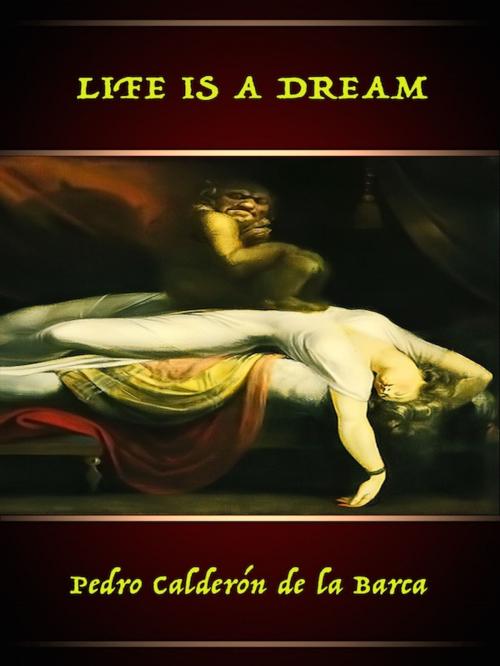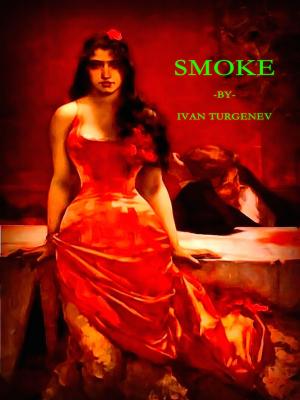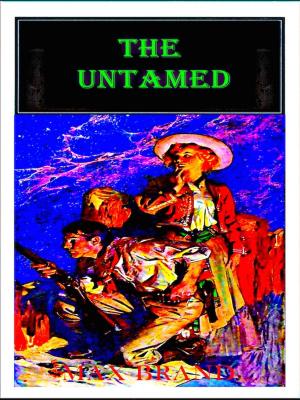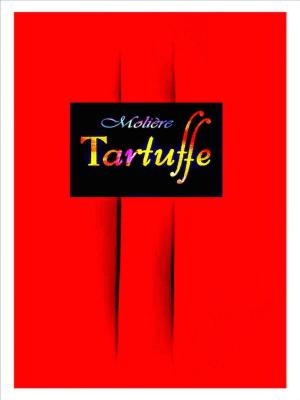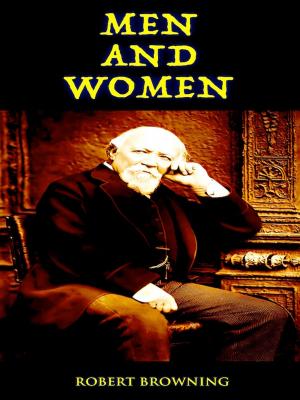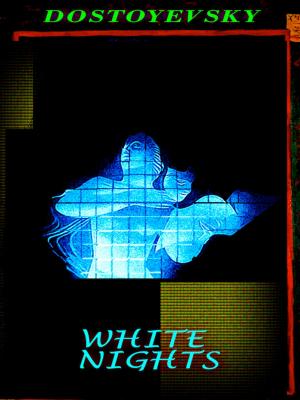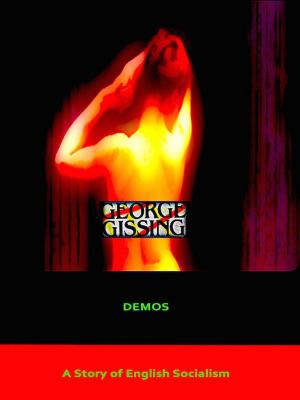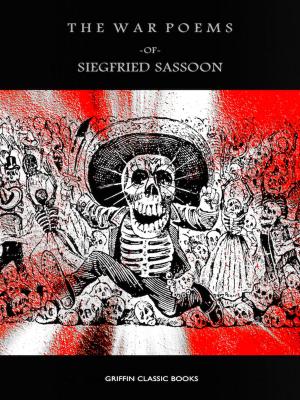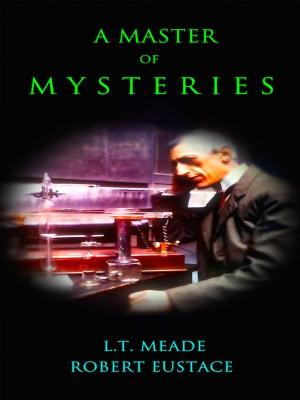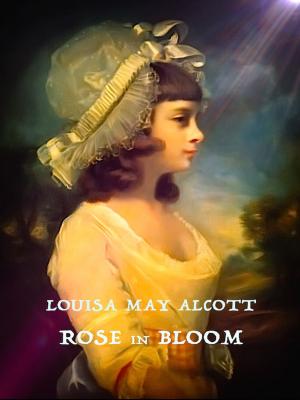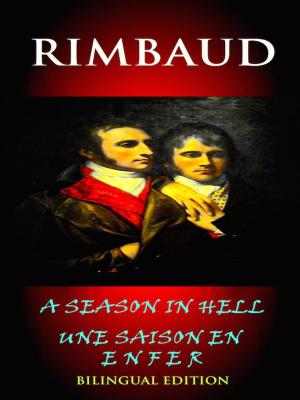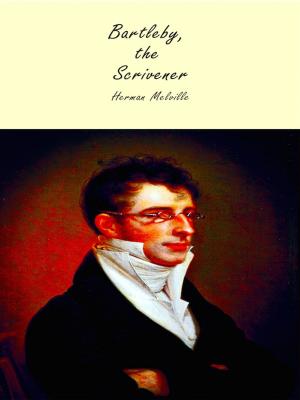| Author: | Pedro Calderon de la Barca | ISBN: | 1230001424294 |
| Publisher: | Editions Artisan Devereaux LLC | Publication: | November 12, 2016 |
| Imprint: | Language: | English |
| Author: | Pedro Calderon de la Barca |
| ISBN: | 1230001424294 |
| Publisher: | Editions Artisan Devereaux LLC |
| Publication: | November 12, 2016 |
| Imprint: | |
| Language: | English |
Life Is a Dream, Pedro Calderon de la Barca’s sublime musing on power, honor and the human psyche is one of the greatest works of the Spanish golden age.
It looks forward to such modern dramatic themes as the adaptable nature of reality and the possibility of freedom in a world seemingly governed by fate and/or chaos.
Calderon de la Barca asks profound questions:
Exactly how free are we?
In seeking to avoid our fate, are we only making it more certain?
If life is indeed a dream, how best should we live it?
In Calderon's tale, a king, warned by astrologers that his son will grow up to become a violent maniac, imprisons the baby in a tower. The child has but one human contact, an ancient caregiver.
After 25 years the king frees the child, only to find that he may have made his son the monster he feared he would become.
PEDRO CALDERON de la BARCA (1600 –1681), was a writer during the Spanish Golden Age. A superb poet with deep psychological perception, de la Barca explored astonishingly modern concerns: an intellectual elite manipulating society; determinism undermining free will; child abuse producing criminality; the subjugation of women.
Born when the Spanish Golden Age theatre was being defined by Lope de Vega, he advanced it much further, his work being regarded as the culmination of the Spanish Baroque theatre. As such, he is regarded as one of Spain's foremost dramatists and one of the finest playwrights of world literature.
“I have read Calderon’s plays and they deserve to be ranked among the grandest and most perfect productions of the human mind. He exceeds all modern dramatists with the exception of Shakespeare.”
-Percy Bysshe Shelley
Life Is a Dream, Pedro Calderon de la Barca’s sublime musing on power, honor and the human psyche is one of the greatest works of the Spanish golden age.
It looks forward to such modern dramatic themes as the adaptable nature of reality and the possibility of freedom in a world seemingly governed by fate and/or chaos.
Calderon de la Barca asks profound questions:
Exactly how free are we?
In seeking to avoid our fate, are we only making it more certain?
If life is indeed a dream, how best should we live it?
In Calderon's tale, a king, warned by astrologers that his son will grow up to become a violent maniac, imprisons the baby in a tower. The child has but one human contact, an ancient caregiver.
After 25 years the king frees the child, only to find that he may have made his son the monster he feared he would become.
PEDRO CALDERON de la BARCA (1600 –1681), was a writer during the Spanish Golden Age. A superb poet with deep psychological perception, de la Barca explored astonishingly modern concerns: an intellectual elite manipulating society; determinism undermining free will; child abuse producing criminality; the subjugation of women.
Born when the Spanish Golden Age theatre was being defined by Lope de Vega, he advanced it much further, his work being regarded as the culmination of the Spanish Baroque theatre. As such, he is regarded as one of Spain's foremost dramatists and one of the finest playwrights of world literature.
“I have read Calderon’s plays and they deserve to be ranked among the grandest and most perfect productions of the human mind. He exceeds all modern dramatists with the exception of Shakespeare.”
-Percy Bysshe Shelley
